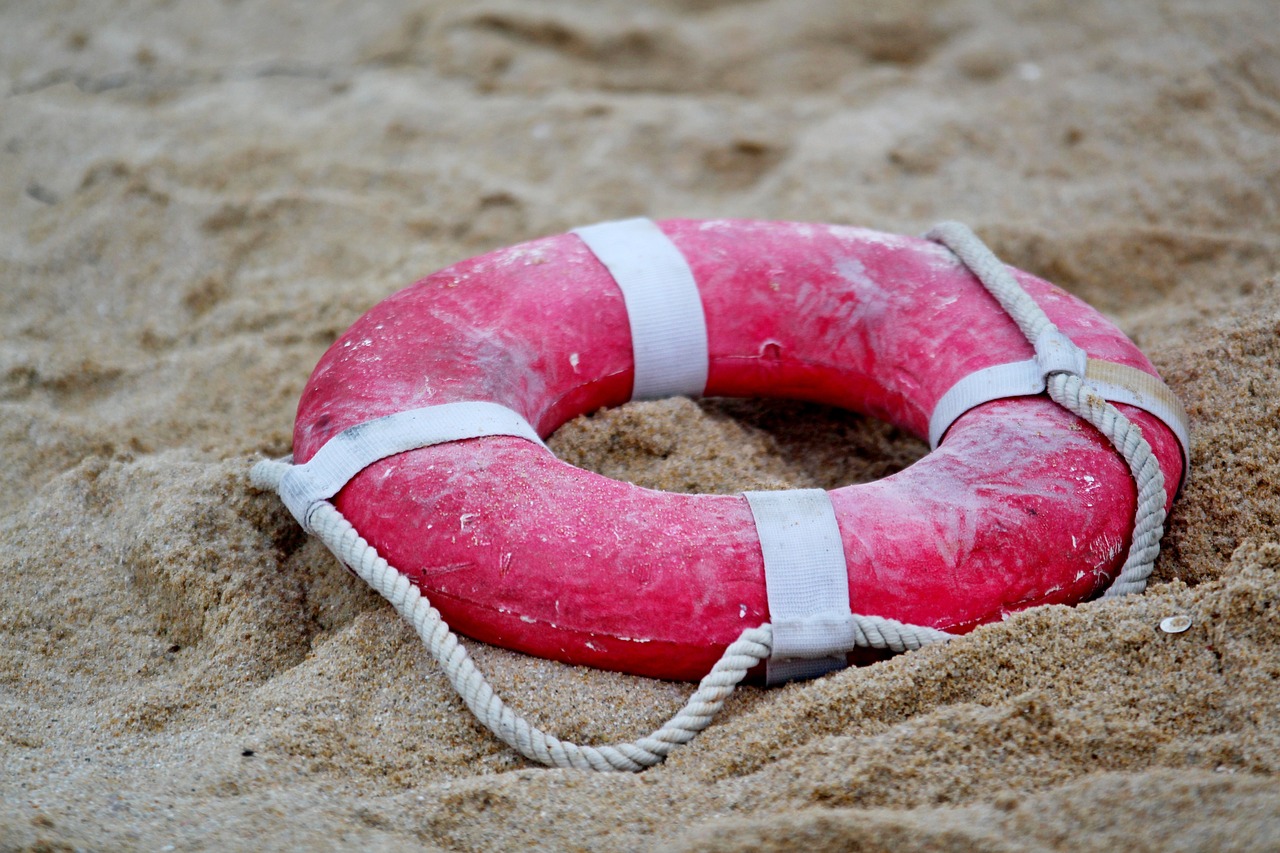Are There Conditions to Salvation?

God has decided to save unworthy, sinful humanity. No one has, or ever will have, the capability of earning salvation.
If anyone is saved then it is by God’s grace, however God accomplishes it (Rom. 3:23; 6:23; 5:6-11).
God retains the prerogative to save however He wishes.
God has decided to save either unconditionally or conditionally.
If unconditionally, then there is no response required, invited, expected, or wanted from humanity. Any response by man to God’s decision – whether in animal sacrifice, cleansing rituals, mental act of faith, or charitable deed – is unnecessary because God has already saved and condemned each person whether we like it or not, whether we believe or not.
If conditionally, then salvation only comes upon meeting the conditions God has determined.
Faith is a condition, because if someone does not believe then they are not saved. Faith, therefore, is a response by man to meet a condition of salvation. As Jesus worded it, faith is a “work” in response to God’s offer of salvation (John 6:29; 8:24).
Repentance is a condition, because if someone does not repent then they are not saved. Repentance, therefore, is a response by man to meet a condition of salvation (Acts 2:38).
Confession is a condition, because if someone does not confess then they are not saved. Confession, therefore, is a response by man to meet a condition of salvation (Rom. 10:8-10).
Baptism is a condition, because if someone is not baptized then they are not saved. Baptism, therefore, is a response by man to meet a condition of salvation (Mark 16:16; Acts 2:38; 1 Pet. 3:21).
If I argue that if one is baptized, then one has “worked” to try to “earn” salvation, then to be consistent in my logic I must accept that if one believes, then one has “worked” to try to “earn” salvation. Both baptism and faith are responses by man to God’s conditions. To submit to baptism is in no way a statement of self-sufficiency or a belief that simply getting wet earns salvation, but as Peter writes (1 Pet. 3:21), baptism is an appeal to God arising from our awareness of helplessness and reliance on His grace.
Did Naaman “earn” the cure from his leprosy by washing in the Jordan (2 Kings 5:1-14)? Certainly not. But was Naaman cured when he believed God’s ability to save, or when he washed? Only after he washed. Naaman did not earn salvation by any work, but by acceptance of God’s conditions.
Did Paul “earn” salvation when he was commanded to be baptized in order to wash away his sins (Acts 22:16)? Certainly not. But was Paul saved when he believed in Jesus on the road, or when he was baptized? Only after he was baptized. If baptism was commanded by God to “wash away” sins, what if Paul had not been baptized? Then his sins would have remained. Until I am baptized, my sins remain and I am lost. Baptism washes away sins. That is God’s plan.
Jesus said, “He who believes and is baptized will be saved…” (Mark 16:16). Why would I remove one of the conditions that Jesus requires?




